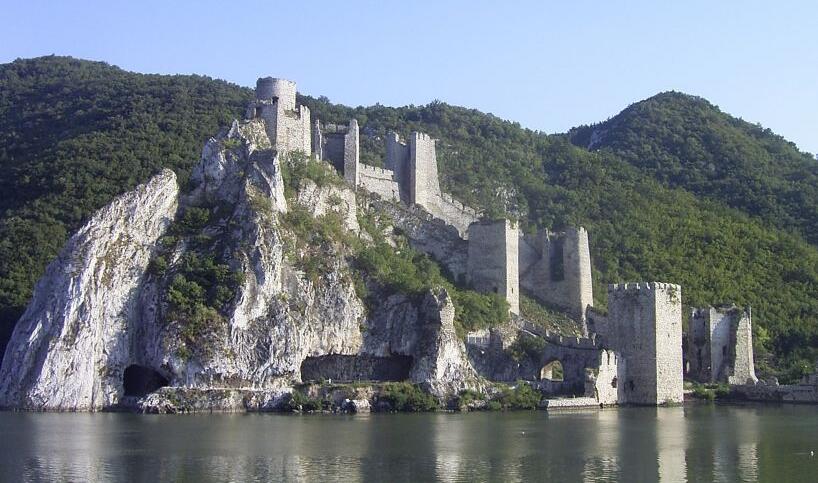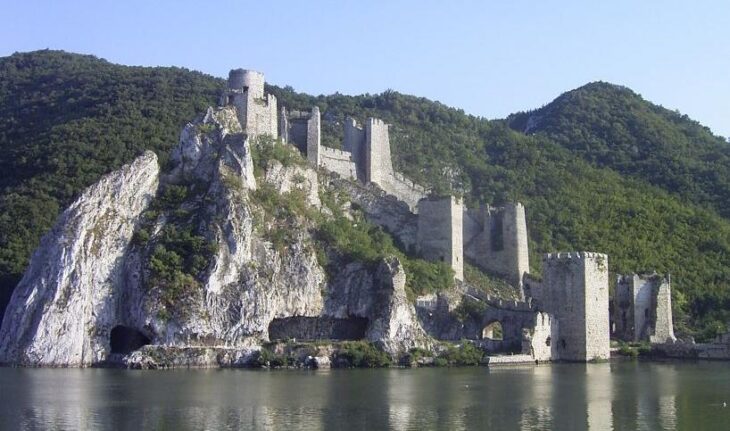On December 9th, 2011, the Council of the EU made the positive decision regarding candidate status for Serbia postponed to spring 2012 due to the unrest in the Serbian-populated north of Kosovo. Kosovo has thus moved back into the center of Serbia’s domestic and foreign policy after years. Kosovo was the starting and ending point of the Milošević regime and the break-up of Yugoslavia. As a Serbian autonomous province, which in some cases had more responsibilities than the republic itself, the demands of the Albanian majority population of 1981 marked the beginning of a systemic crisis in socialist Yugoslavia. According to mathgeneral, Slobodan Milošević’s instrumentalisation of the relationship between Serbs and Albanians in the province helped Slobodan Milošević rise to power. He used the “virtual Kosovo”, the symbol of Serbian nationalism, as an instrument of nationalist mobilization and the ethnicization of social and political conflict. The “real Kosovo” fell victim to this policy, while Belgrade’s Kosovo policy in the 1990’s was never oriented towards a solution to the real problems in Kosovo such as the Serbian-Albanian relationship. The former opposition parties that came to power after the fall of the Milošević regime remained largely trapped in this nationalist tradition. Ie they insisted that Kosovo is part of the Serbian state and that the acceptance of any independence is a “betrayal of national interests”. At the same time, however, they did not offer a concept of how Kosovo could be part of Serbia with and for the Albanian majority population. The former opposition parties that came to power after the fall of the Milošević regime remained largely trapped in this nationalist tradition. Ie they insisted that Kosovo is part of the Serbian state and that the acceptance of any independence is a “betrayal of national interests”. At the same time, however, they did not offer a concept of how Kosovo could be part of Serbia with and for the Albanian majority population. The former opposition parties that came to power after the fall of the Milošević regime remained largely trapped in this nationalist tradition. Ie they insisted that Kosovo is part of the Serbian state and that the acceptance of any independence is a “betrayal of national interests”. At the same time, however, they did not offer a concept of how Kosovo could be part of Serbia with and for the Albanian majority population.
This is the main reason why, after the last failed attempt at negotiations in 2008, the majority of the West was politically forced to support Kosovo’s independence, while at the same time guaranteeing far-reaching minority rights for the Serbian population, as defined in the plan of UN mediator Ahtisaari. Because almost the entire political elite of Serbia subscribes to the Ahtisaari planrefused, the West was forced to implement it without a UN resolution. Although the political elite were aware when Kosovo’s independence was proclaimed in February 2008 that Serbia had lost the province as part of the country, both the government and the opposition continued to hold on to Kosovo. Only the LDP demanded a real handling of the political situation. This policy had two central consequences: First, a lawless area, controlled and influenced by the Serbian government and the nationalist opposition parties, was created in the Serbian enclave in the north of Kosovo, in which neither the authorities of independent Kosovo nor the EU rule of law mission EULEX have access. Second, the Belgrade government has embarked on an unrealistic course based on that Serbia can achieve both – to “preserve” Kosovo as part of its national territory and to become a member of the EU. This unrealistic policy tried to politically exploit the division of the EU on the Kosovo question – 5 EU member states have not yet recognized Kosovo, supported by an EU that, because it was unable to overcome its own division, relied on the recognition of political realities for a long time Belgrade hoped.
In 2010 this development slowly took a different direction. In June, the International Court of Justice in The Hague (ICJ) ruled that the declaration of independence of Kosovo was not illegal under international law, the attempt of the Serbian government to reverse independence. The subsequent, unimpressed attempt by Belgrade to get a resolution against the independence of Kosovo in the UN General Assembly moved the British and, above all, the German government to become active in the EU’s Kosovo policy. Both signaled to Serbia that despite the disagreement of the Union, the country cannot hope for EU membership without acknowledging the realities. KFOR, the German Chancellor Merkel, on a visit to Belgrade in August, presented a package of conditions for granting candidate status for Serbia. These conditions represent far-reaching steps towards a (de facto) recognition of the state of Kosovo and the dismantling of the parallel structures in northern Kosovo. At an EU conference on December 9, 2011 in Brussels, it was above all the German insistence on the fulfillment of these conditions, which prevented a positive decision for Serbia’s candidate status.

